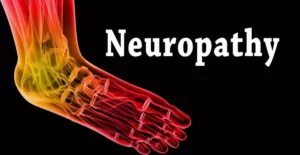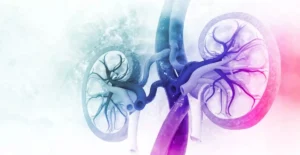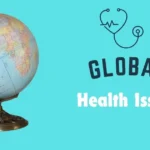In the space of present-day prescription, disease specialists stand as the groundwork of treatment for bacterial illness, saving vast lives since their exposure. These strong solutions have changed clinical benefits by battling different bacterial illnesses, going from minor pollution to unsafe diseases.
In this present reality where antibiotic agents are handily endorsed, have you generally pondered what the most common side effects of antibiotics are? These minuscule pills sneak up suddenly, yet do they accompany a secret expense? How about we plunge into the dangers related to these strong drugs?
While taking anti-infection agents, a few normal secondary effects might happen. These can include nausea, loose bowels, and stomach problems. Antibiotic agents can likewise cause hypersensitive responses in certain individuals. Physician’s guidelines and report any aftereffects you experience while taking antibiotics.
Avoid Sharing Antibiotics
Try not to impart anti-infection agents to others to forestall hurtful impacts. Utilizing antimicrobials pointlessly or sharing them can prompt anti-toxin opposition, making them less viable for treating contamination. It’s vital to take anti-toxins just as endorsed by a medical service professional to limit the risk of unfavorable impacts and safeguard their viability for some time later.
How to Use Antibiotics Responsibly?
Using antibiotics capably implies taking them precisely as recommended by your medical services supplier, getting done with the full tasks regardless of whether you begin feeling far improved. The tiny creatures causing the disease, prevent the perfection of antibiotic-safe viruses.
It’s vital to be aware of the normal side effects of antibiotics, such as gastrointestinal problems or overly sensitive reactions. If you expect to experience any horrible effects while taking the enemy of disease specialists, contact your clinical consideration provider immediately. By using hostile-to-contamination specialists reliably and monitoring their possessions, we can help safeguard their efficiency for individuals later on.
Common Side Effects of Antibiotics
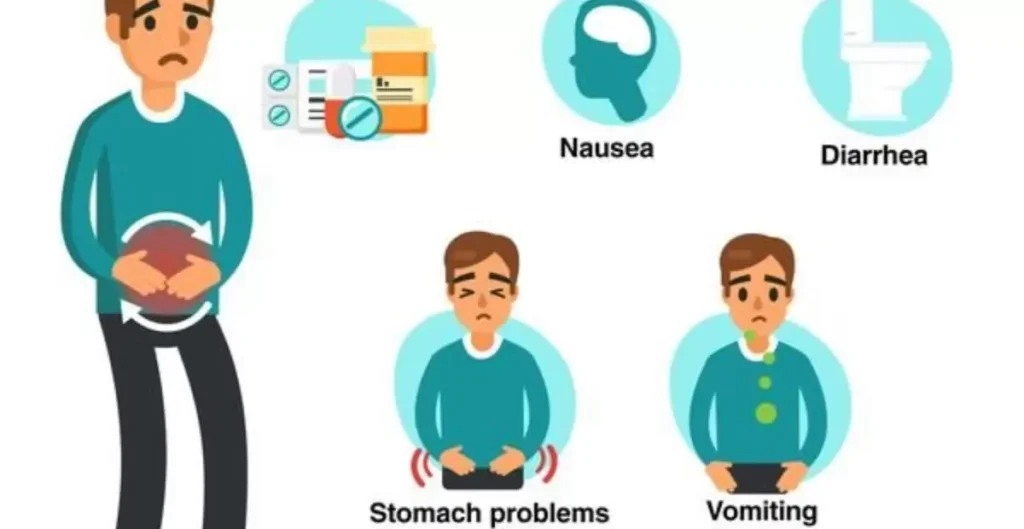
While antibiotic agents are, for the most part protected, they can cause secondary effects in certain individuals. The most widely recognized aftereffects include:
- Nausea and Vomiting: A few antibiotics can bother the stomach lining, prompting nausea and vomiting.
- Diarrhea: Anti-toxins can disturb the normal equilibrium of microbes in the stomach, prompting looseness of the bowels.
- Yeast Infections: Antibiotic agents can dispense with off valuable microbes, permitting yeast to congest and cause contaminations, like candidiasis or vaginal yeast diseases.
- Allergic Reactions: In unparalleled cases, microbs can cause overly sensitive reactions, going from delicate rashes to outrageous irritability.
- Photosensitivity: Certain immunizing agents poisons can make the skin more sensitive to light, growing the bet of sun-related consumption.
- Dizziness or Lightheadedness: A few antibiotics can cause tipsiness or dizziness, particularly while standing up rapidly.
Less Common Side Effects of Antibiotics
Notwithstanding the normal aftereffects referenced above, anti-microbials can likewise cause more uncommon secondary effects, for example:
Kidney Damage: A few antibiotics can cause kidney damage, particularly whenever taken in high portions or for long periods.
Liver damage: Certain anti-microbials can influence liver capability, prompting liver harm or hepatitis.
Blood Disorders: Seldom, antibiotic agents can cause changes in platelet counts, prompting conditions like iron deficiency or thrombocytopenia.
Long-Term Effects of Antibiotics
Delayed or successive utilization of anti-microbials can meaningfully affect the body, including: Anti-microbial Opposition:
- Antibiotic Resistance: Overuse of antibiotics can prompt the advancement of anti-infection safe microorganisms, making diseases harder to treat.
- Disruption of Gut Flora: Anti-microbials can upset the equilibrium of microorganisms in the stomach, prompting stomach related issues and other medical conditions.
Only Take Antibiotics When Prescribed
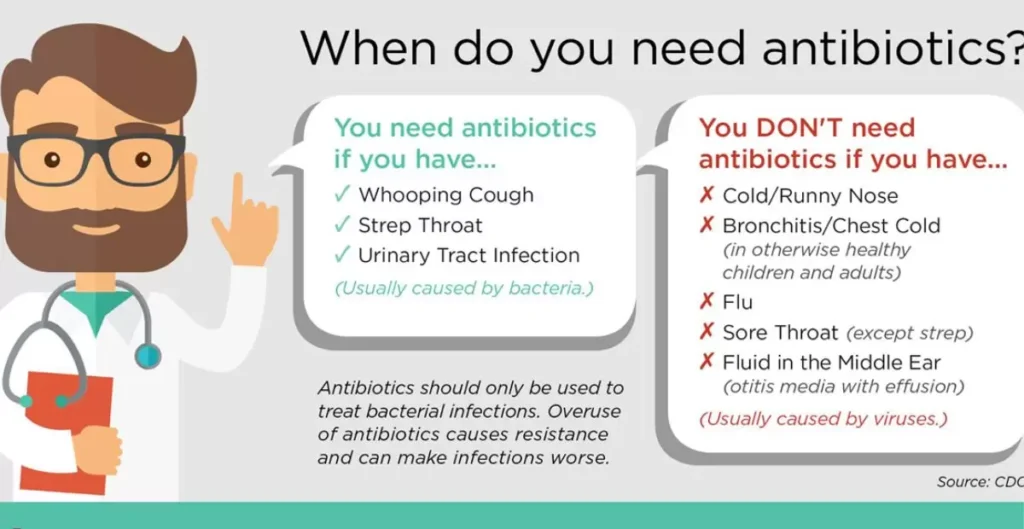
It’s critical to possibly take anti-infection agents when endorsed by a medical care proficient. Anti-infection agents are strong drugs intended to treat bacterial diseases, yet abusing them can prompt anti-microbial obstruction. They can become impervious to the impacts of anti-toxins, making diseases harder to treat from here on out.
| Topic | Summary |
| Rank of Antibiotic Stewardship | Stresses the need for reasonable antimicrobial use to battle anti-infection obstruction and protect their viability. |
| Dangers of Exploiting Antibiotics | Discusses the possible side effects, expansion of antibiotic resistance, then disruption of beneficial gut bacteria. |
| Plans for Antibiotic Use | Recommends only using antibiotics after arranged by a healthcare expert after a proper diagnosis of bacterial infection. |
| Patient Education | Recommends educating patients about the appropriate use of antibiotics, including completing the full course as prescribed. |
| Vagaries to Antibiotics | Applauds exploring non-antibiotic conducts for viral impurities, such as rest, fluids, and indication management. |
| Community Health Impact | Highlights the broader implications of antibiotic misuse on public health and the healthcare system. |
Keep in mind, antibiotics ought to never be shared or put aside for sometime in the future. Continuously complete the full course of anti-toxins as endorsed, regardless of whether you begin feeling improved before it’s done. By utilizing anti-toxins dependably, we can assist with defending our well-being and the viability of these crucial prescriptions.
Less Common but Serious Side Effects
While numerous prescriptions might cause normal aftereffects like tiredness or queasiness, a few people might encounter more uncommon but serious secondary effects that require quick consideration. These aftereffects, albeit intriguing, can incorporate extreme, unfavorably susceptible responses, organ harm, or neurological confusion.
It’s essential to counsel a medical professional if you experience any strange side effects while taking a drug to guarantee brief assessment and proper administration, decreasing the risk of serious inconveniences. Continuously focus on your well-being and look for clinical help, assuming that you experience any unforeseen responses to drugs.
Neurological Effects: Monitoring Mental Health
Perceiving emotional well-being is urgent for grasping the neurological impacts of different elements, including antimicrobials. Can at times prompt unforeseen changes in states of mind or mental capability and intercede expeditiously if any neurological impacts emerge, guaranteeing the comprehensive strength of their patients.
Ordinary appraisals and correspondence among patients and medical care experts are critical to recognizing and tending to any likely neurological impacts of anti-infection agents. Through tenacious checking, people can get fitting help and mediation, cultivating ideal mental prosperity all through their treatment process.
Bleeding Management and Prevention Strategies
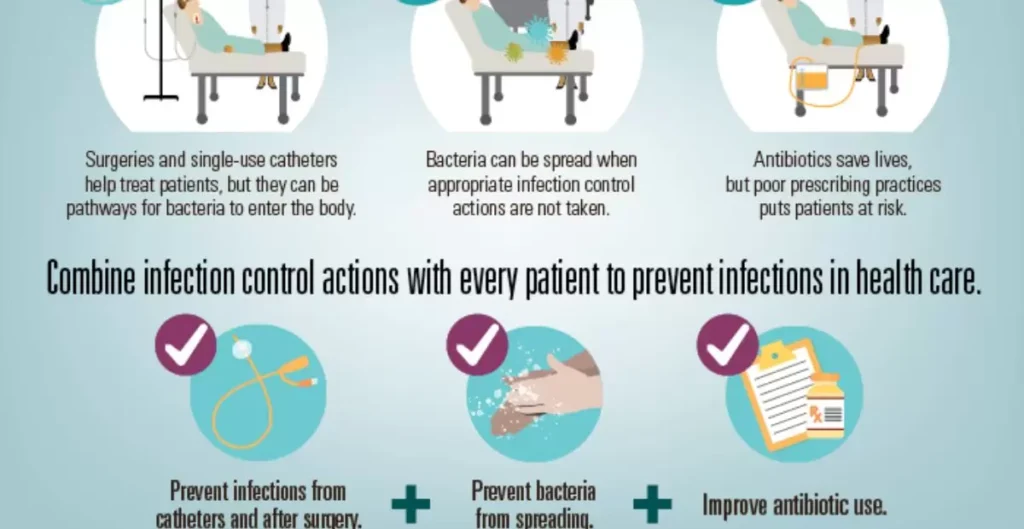
Draining administration and counteraction systems are fundamental for keeping up with well-being and security. Appropriate injury care, including applying strain and cleaning wounds, can assist with controlling dying. Also, controlling anti-infection agents as vital can forestall contaminations, which can intensify draining and drag out recuperation.
Besides, integrating preventive estimates like wearing defensive stuff during exercises that represent a gamble of injury can fundamentally lessen the probability of draining occurrences. In outline, a blend of brief draining administration strategies and the reasonable utilization of antimicrobials can really moderate dangers and advance quick recovery from wounds.
How to Stay Away from Secondary Effects While Taking Antibiotics?
While taking antibiotics for anemia, it’s essential to unequivocally adhere to your PCP’s directions. Get done with the full course of anti-infection agents, regardless of whether you begin feeling better, to guarantee all microorganisms are killed. Skipping doses or halting early can prompt anti-microbial opposition, making future contaminations harder to treat.
To limit incidental effects, take anti-infection agents with food or as coordinated by your medical services supplier. This can help with preventing stomach hatred and other gastrointestinal issues. Stay hydrated by drinking a ton of water while on antimicrobials to flush out toxic substances and sponsorship your body’s ordinary detoxification processes.
FAQs
How long do antibiotic side effects last?
Side effects ordinarily resolve once the antibiotics treatment is finished. Notwithstanding, it’s crucial for converse with a specialist if secondary effects persevere or deteriorate.
Can antibiotics interact with other medications?
Yes, antibiotics can connect with different drugs, so it’s fundamental to illuminate your PCP with pretty much every one of the meds you are taking.
Are there alternatives to antibiotics?
Now and again, non-antibiotic medications, similar to antiviral remedies or consistent thought, may be used to treat pollution.
What should I do if I experience side effects from antibiotics?
If you experience aftereffects from antibiotics, for instance, serious powerless reactions or steady secondary effects, search for medical thought immediately.
Conclusion
While antibiotic agents are fundamental in treating bacterial diseases, they can also accompany a few normal secondary effects. It’s significant for patients to know about these expected aftereffects and discuss any worries with their medical services suppliers to guarantee the most secure and best therapy conceivable.
Antibiotics assume a significant part in current medications, they can likewise present dangers as secondary effects. Their side effects mean patients can team up with medical care experts to moderate any unfriendly responses and enhance their therapy results. With appropriate information and correspondence, people can explore anti-infection treatment all the more unhesitatingly, focusing on their well-being and prosperity.







